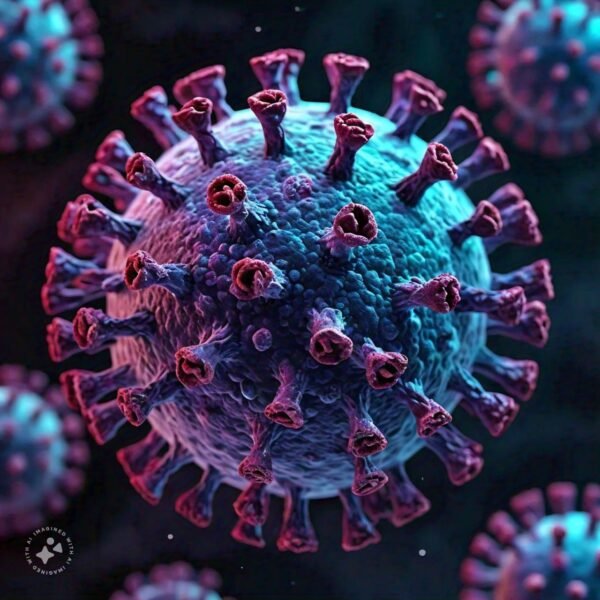COVID-19
The COVID-19 pandemic has been a global health crisis, affecting millions of people worldwide. Since its emergence in late 2019, scientists and researchers have been working tirelessly to understand the virus, its transmission, and its effects on human health. The findings have been numerous, and some of the most interesting ones are discussed below.
- COVID-19 Affects More than Just the Lungs
Initially, it was thought that COVID-19 primarily affected the lungs, causing pneumonia and respiratory distress. However, research has shown that the virus can affect multiple organs, including the heart, brain, and kidneys. This understanding has significant implications for treatment and patient care.
- COVID-19 Can Cause Long-Term Health Effects
Studies have revealed that COVID-19 can lead to long-term health effects, including chronic fatigue, muscle pain, and cognitive impairment. This highlights the need for continued monitoring and support for individuals who have recovered from the virus.
- COVID-19 Vaccines Have Been Highly Effective
The development and distribution of COVID-19 vaccines have been a game-changer in the fight against the pandemic. Research has shown that vaccines have been highly effective in preventing severe illness and hospitalization due to COVID-19.
- COVID-19 Can Be Transmitted Through Aerosols
Scientists have discovered that COVID-19 can be transmitted through aerosols, which are tiny particles that can remain suspended in the air for extended periods. This understanding has significant implications for public health measures, such as mask-wearing and social distancing.
- COVID-19 Has Had a Devastating Impact on Mental Health
The pandemic has taken a significant toll on mental health, with increased rates of anxiety, depression, and post-traumatic stress disorder (PTSD). This highlights the need for continued support and resources for mental health services.
- COVID-19 Has Accelerated the Development of New Technologies
The pandemic has accelerated the development of new technologies, including diagnostic tools, treatments, and vaccines. This has the potential to revolutionize the field of medicine and improve our response to future pandemics.
- COVID-19 Has Highlighted Global Health Disparities
The pandemic has highlighted significant global health disparities, with low- and middle-income countries often having limited access to healthcare resources and vaccines. This has sparked a global conversation about health equity and the need for more inclusive and equitable healthcare systems.
- COVID-19 Can Affect Pregnant Women and Newborns
Research has shown that COVID-19 can affect pregnant women and newborns, leading to increased risk of complications and premature birth. This has significant implications for prenatal care and maternal health.
- COVID-19 Has Led to Significant Economic and Social Impacts
The pandemic has had significant economic and social impacts, including widespread lockdowns, job losses, and social isolation. This has highlighted the need for continued support and resources for individuals and communities affected by the pandemic.
- COVID-19 Has Accelerated the Development of Remote Healthcare
The pandemic has accelerated the development of remote healthcare, including telemedicine and virtual consultations. This has the potential to revolutionize the way we access healthcare, making it more accessible and convenient for individuals worldwide.
- COVID-19 Has Highlighted the Importance of Global Collaboration
The pandemic has highlighted the importance of global collaboration and cooperation in responding to public health crises. This has sparked a global conversation about the need for more coordinated and effective responses to future pandemics.
- COVID-19 Has Led to Significant Advances in Our Understanding of Viral Immunology
Finally, COVID-19 has led to significant advances in our understanding of viral immunology, including the development of new diagnostic tools and treatments. This has the potential to revolutionize the field of medicine and improve our response to future pandemics.
In conclusion, the findings about COVID-19 have been numerous and fascinating, revealing new insights into the virus, its transmission, and its effects on human health. These findings have significant implications for public health measures, treatment, and patient care, and will continue to shape our response to the pandemic and future public health crises.


